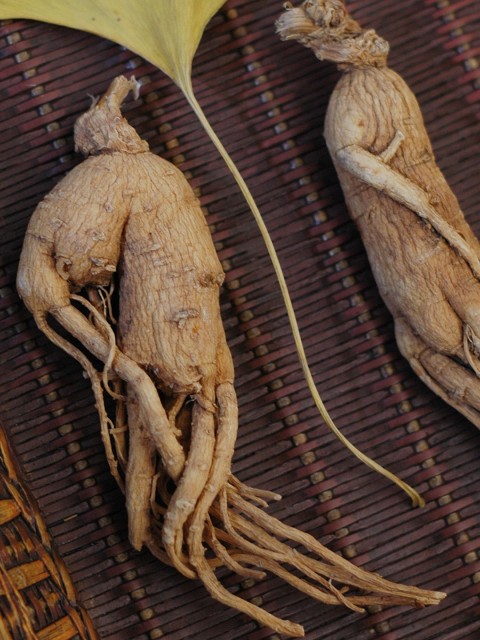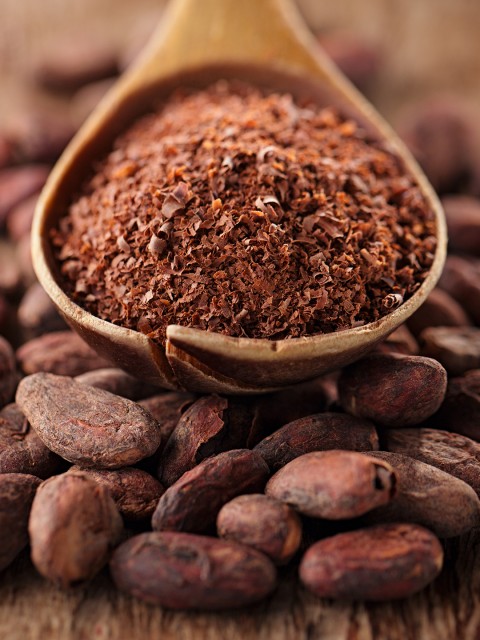Kava is known for its calming effects, used to reduce anxiety, treat mild depression, and insomnia. Also, some use kava on stressful days, to reduce tension before a speech or presentation, and in order to feel more comfortable in front of a public. Either way, kava should be used with care.
Anxiety and insomnia disorders are among the most common unpleasant emotional disorders that affect all age groups. There are clinically approved remedies that have antidepressant or anti-anxiety properties. But many of these remedies are associated with adverse effects such as dependence or sedation. Herbal remedies, including kava (Piper methysticum), have been shown to be effective as alternative treatments in mild to moderate cases of anxiety, stress and depression.
What is kava kava
Common names: Kava Kava (Piper methysticum): Kava, Kawa-Kawa, Yati, Yagona, Yangona, Sakau, Tonga, Awa, Intoxicating Pepper.
Kava-kava is a shrub that grows in rich soil on the Islands of the Pacific Ocean.This plant can grow up to 3 m. It has green, heart-shaped leaves and small flowers. A water extract of ground kava root is a traditional drink used by islanders for thousands of years in religious ceremonies and social events, as a mildly intoxicating beverage or for every day drinking.
Since clinical studies have shown that kava contains herbal ingredients for treating insomnia, stress, anxiety and tension, kava extracts have also appeared in commercial markets of the United States and Europe as dietary supplements since 1990s.
How kava works?
Traditionally, the kava drink was prepared as part of a special ceremony, only by men. Men would collect kava, and each would chew the kava root for five or ten minutes to soften and separate the fibers. Next, they would spit out the whole mass onto some leaves. When all roots were well chewed they would squeeze out kava juice from the softened mass. The eldest of the tribe (usually the leader) would be the first one to taste the quality of kava, after him the rest of the men would enjoy the kava drink. This is according to natives the finest kava, believed to clear the head and relax the body.
Islanders drank kava as such or as a mixture with coconut milk or water.
For modern commercial purposes legendary kava is prepared in a slightly different manner, where kava roots undergo extraction using ethanol, or acetone. The difference in extraction method results in a variation in the chemical composition. The traditionally (water) prepared kava beverage contains glutathione, which provides some protection against hepatoxicity.
Kava-kava benefits
In medicine, kava kava is used as a treatment for:
- Anxiety
- Insomnia
- Depression
- Headache
- Menopause-Hot flashes
- Hyperactivity
- Restlessness
- Stress
- Relieves fatigue
- Muscle relaxant
- Backache
Also, kava has been used to treat asthma, rheumatism, vaginitis, incontinence and weight loss. In the Pacific Island, kava is used to induce a pleasant mental state, to reduce anxiety, promote socializing, in ceremonies and ritual practices.
What are kava’s secret compounds?
The most important compound of the kava root are kava lactones (kavapyrones) that are believed to be responsible for the anxiety-relieving effects of kava and a reduction of muscle tension.
The actual content of kava lactones in kava roots varies with the plant, cultivation techniques, weather, and plant part sampled.
The main kava lactones are: methysticin, dihydromethisticin, kavain, dihydrokavain and desmethoxyangonin and flavonoids.
Also, based on medical research it is reported that kava lactones include sedative, anxiolytic, anti-stress, analgesic, local anaesthetic, anticonvulsant and neuroprotective properties.
Kava side effects
Even though kava has a long history of thousands of years of safe consumption, potential side effects can occur when very high doses are taken for more than a few weeks. Due to its side effects, several European countries and Canada banned the use of kava extracts after specific concerns that the product can cause liver toxicity and skin problems.
The main kava-kava side effects are: headache, stomach discomfort and liver problems. Some heavy kava drinkers develop a peculiar, dry skin rash (called dermopathy), which is reversible after stopping the use of kava.
Mainly, Kava beverage is used for its calming effects to alleviate anxiety (without the loss of mental sharpness), soothes the nervous system and calms the body and mind. In order to avoid side effects, kava should not be used for more than four weeks.
Did You Know?
In a traditional Hawaiian remedy, kava leaves were chewed and given to anxious or restless children for its calming effect and to help them fall asleep. In a kava ceremony on the island of Fiji, a leader of the ritual would offer a bowl of the prepared drink to welcome (and relax) guests.
Be moderate in order to taste the joys of life in abundance
(Epicurus)
Be responsible for your own health and purchase. Buy natural remedies from certified sellers and producers. Buy only those products where sufficient amount of data / warnings / instructions and reliable information is available.
Please note:
- Kava is not recommended for use in pregnancy
- Avoid driving when using kava or avoid operating heavy machinery
- Kava should not be used by anyone who has liver problems


